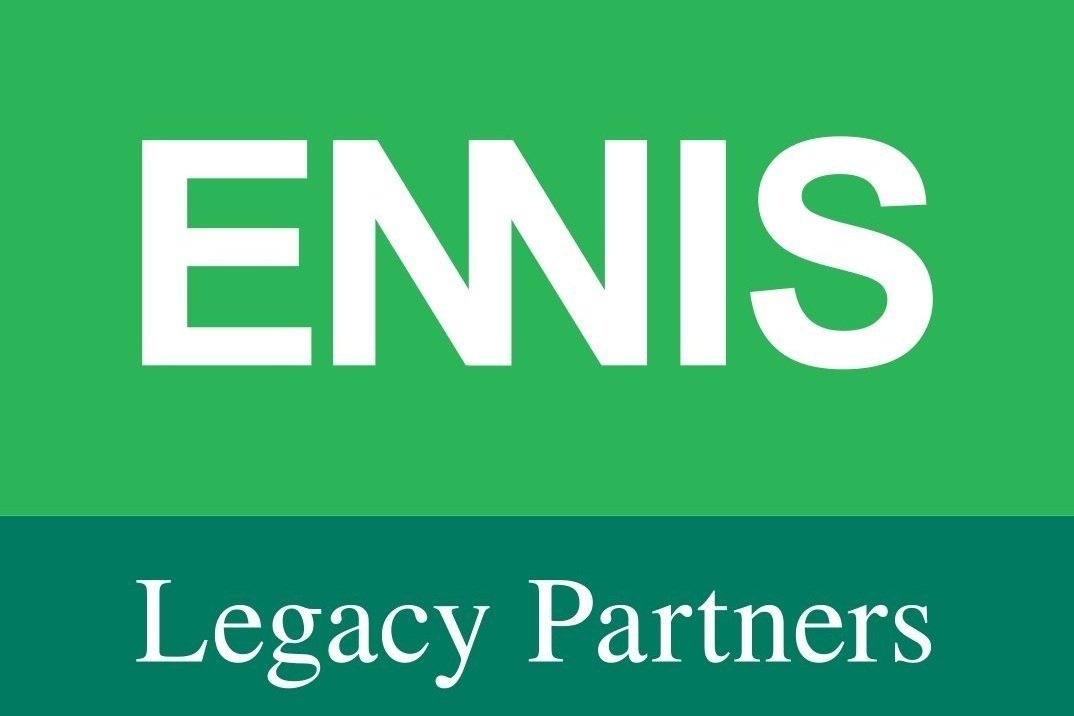It is not uncommon for the business to be the largest asset in a business owner's estate, while also being the primary source of income for their family. As estate planning is essentially taking control of how property is managed during life and distributed and transferred at death, a business owner cannot do exit planning without estate planning, or estate planning without exit planning. Exit goals, such as transferring a business to children, always impact an owner's family and estate.
An example of where an owner's estate and exit plans intersect would be in the area of business continuity. Sarah, a widow of five years, owned a large women's apparel retail store. She started the business twenty-five years ago and remained as sole owner as the business continued to grow and realize success. Sarah's daughter Sue graduated from college three years ago with a degree in design, and both she and Sarah had a vision for Sue eventually taking over the business. Sarah's son Jack, and another daughter April, have no involvement in the business.
Tragically, Sarah passed away suddenly a year ago causing great distress to her children. The fact that she passed without having finalized her estate plan resulted in even more hardship for her family. It was one of those things that she knew she needed to do, but just never could "get around to it" due to the day-to-day trials of running a thriving business. She had a will but it hadn't been reviewed in over fifteen years.
The consequences of not having designed and coordinated an estate and exit plan, Sue did not end up owning the business as both she and her Mom desired, the business was sold at a deep discount due to uncertainty among employees and customers, other assets also had to be sold to pay high taxes and estate settlement costs, and there was resulting tension between the siblings due to a disorderly distribution of assets. This is a shortlist of the potential consequences of the deficient and disjointed estate and exit planning for a business owner.
Like our fictional character Sarah, most business owners lead busy and full lives. They can understand that estate and exit planning are important, but it can be difficult to plan the time to make it happen as it represents even more work. So, it can be very easy to procrastinate.
The focus of an impactful estate plan is not simply death but also the arrangement of assets (ownership and utilization) in ways that will help estate holders achieve financial goals in a tax-efficient manner during life while providing for survivors’ needs and the disposition of property at death. A successfully implemented estate plan can:
Minimize estate taxes and estate settlement costs
Ensure that cash is available to pay estate taxes and costs
Provide for an orderly transfer of assets that meets the estate owner’s objectives and intentions
Preserve assets during life
Protect business and ensure its successful transfer or sale
Provide peace of mind and family harmony
A well-thought-out and executed estate plan, as part of a comprehensive exit plan, will be instrumental in ensuring that the right person takes over a business when the current owner dies. Other issues that would be addressed in a comprehensive estate plan would include the appropriate business valuation, equitable estate distribution among children, a properly drafted buy-sell agreement, tax, and philanthropic planning.
As a business owner, it is wise to regularly review your estate plan to ensure that it represents your current desires and goals for your personal and business asset distribution. Please contact us if we can be of service to you in the review of your estate plan.
Invest 12-15 minutes in the FREE ExitMap® Assessment and get a 12-page report scoring you in four key exit planning areas: Finance, Planning, Revenue/Profit, and Operations.

